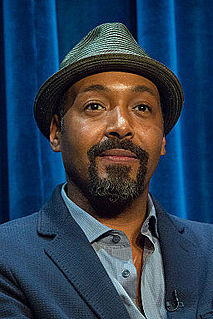A Quote by Bill Maher
Community is gathering around a fire and listening to someone tell a story.
Related Quotes
What did you put in the fire?" Kaladin said. "To make that special smoke?" "Nothing. It was just and ordinary fire." "But, I saw-" "What you saw belongs to you. A story doesn't live until it is imagined in someone's mind." "What does the story mean, then?" "It means what you want it to mean," Hoid said. "The purpose of a storyteller is not to tell you how to think , but to give you questions to think upon. Too often, we forget that.
One of my patients told me that when she tried to tell her story people often interrupted her to tell her that they once had something just like that happen to them. Subtly her pain became a story about themselves. Eventually she stopped talking to most people. It was just too lonely. We connect through listening. When we interrupt what someone is saying to let them know that we understand, we move the focus of attention to ourselves. When we listen, they know we care. Many people with cancer talk about the relief of having someone just listen.
Whether it's Brad Pitt up there, if there's a good moment up there, and you get pulled into the emotion, you're not thinking, 'Oh, that's Brad Pitt. He's an actor, and he's famous.' That's kind of the nature of storytelling, right? You sit around the fire and tell a story, and you can get sucked into that story.
I'm obsessed with this idea of storytellers and people who have a narrative, and sometimes sustain a relationship because they're telling a narrative and someone is listening to that. Often the nature of the relationship is determined by how well they tell the story, or someone else's ability to suspend disbelief, or infuse into their narrative something which they may not even be aware of.
You usually get one or the other, you get someone who knows how to tell a story but they don't necessarily know about light and camera and rhythm, or you get someone who can make beautiful images but they can't necessarily tell a great story. He does both and I think he's going to be one of the film-makers that our time is remembered for.
The best time to tell your story is when you have to tell your story. When it's not really a choice. But then, when you get that first, messy, complicated version down, you have to read it over and be very tough on yourself and ask, 'Well what's the story here?' If you're lucky enough to have someone you trust looking over your shoulder, he or she can help you if [you] lack perspective on your own story.
































